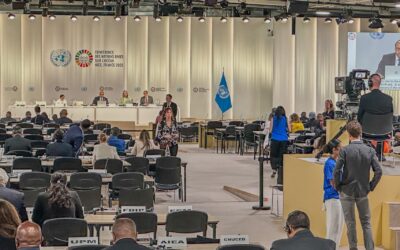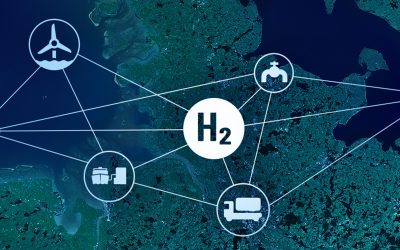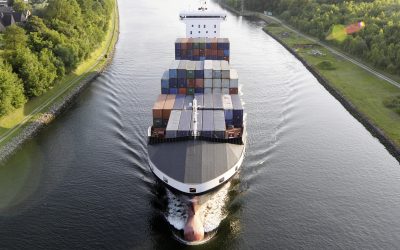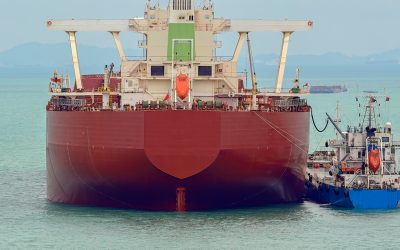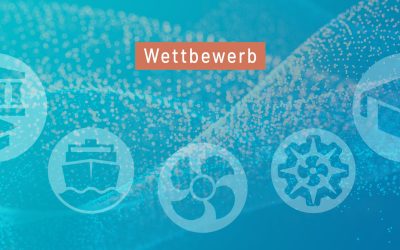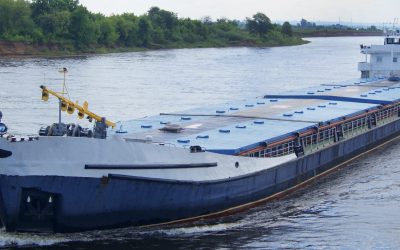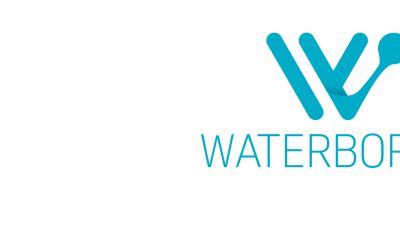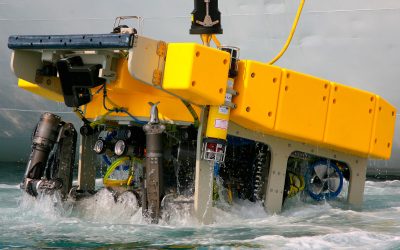The German Maritime Centre has conducted an online survey to determine the motivation of trainees, students and dual study students as well as young professionals who are active in maritime professions, maritime courses of study and in companies, institutions and organisations in the maritime sector. This resulted in a comprehensive study and a white paper.
We wanted to know why young people chose the maritime sector, what aspects informed and influenced their decision and what expectations or values were relevant. How do young people inform themselves and what information do they want? Which characteristics of the industry, its activities, fields of study or companies are important, attractive or even detrimental?
These are the key results – the sector must:
- Show presence: online and in schools, because this is where the target audience can be found.
Social media and websites serve as the initial points of contact, sources of information and signposts. In the school environment, young people want to experience different professions first hand, e.g. through company visits. - Be authentic: particularly with regard to future prospects and working conditions.
Being honest and transparent about less attractive aspects will not lead to instant rejection – however, unfulfilled expectations and negative experiences, will. - Increase attractiveness from within: position yourself as an attractive employer or university.
A change in mindset is required, structures, processes, etc. must be questioned and, if necessary, adapted to the needs of the target audience
Almost 500 people took part in the survey, making the sample size statistically meaningful. The total sample size allows for a significance level of α = 0.01 (= 1% probability that the results have arisen by chance).
Some trends from the survey are consistent with findings from other studies with larger samples and pertaining to a larger population. This suggests that our results are also applicable to the entire group. The quantitative statements in particular can be derived from a much smaller sample.
We are happy for you to report on the results of the study. If you have any questions or would like to arrange an interview with the author, Jule Ballhausen, please do not hesitate to contact us.
Presse Contact:
Dr. Regine Klose-Wolf
Head of Communication
+49 40 9999 698 -51
+49 1590 189 1929
Klose-Wolf(at)dmz-maritim.de

